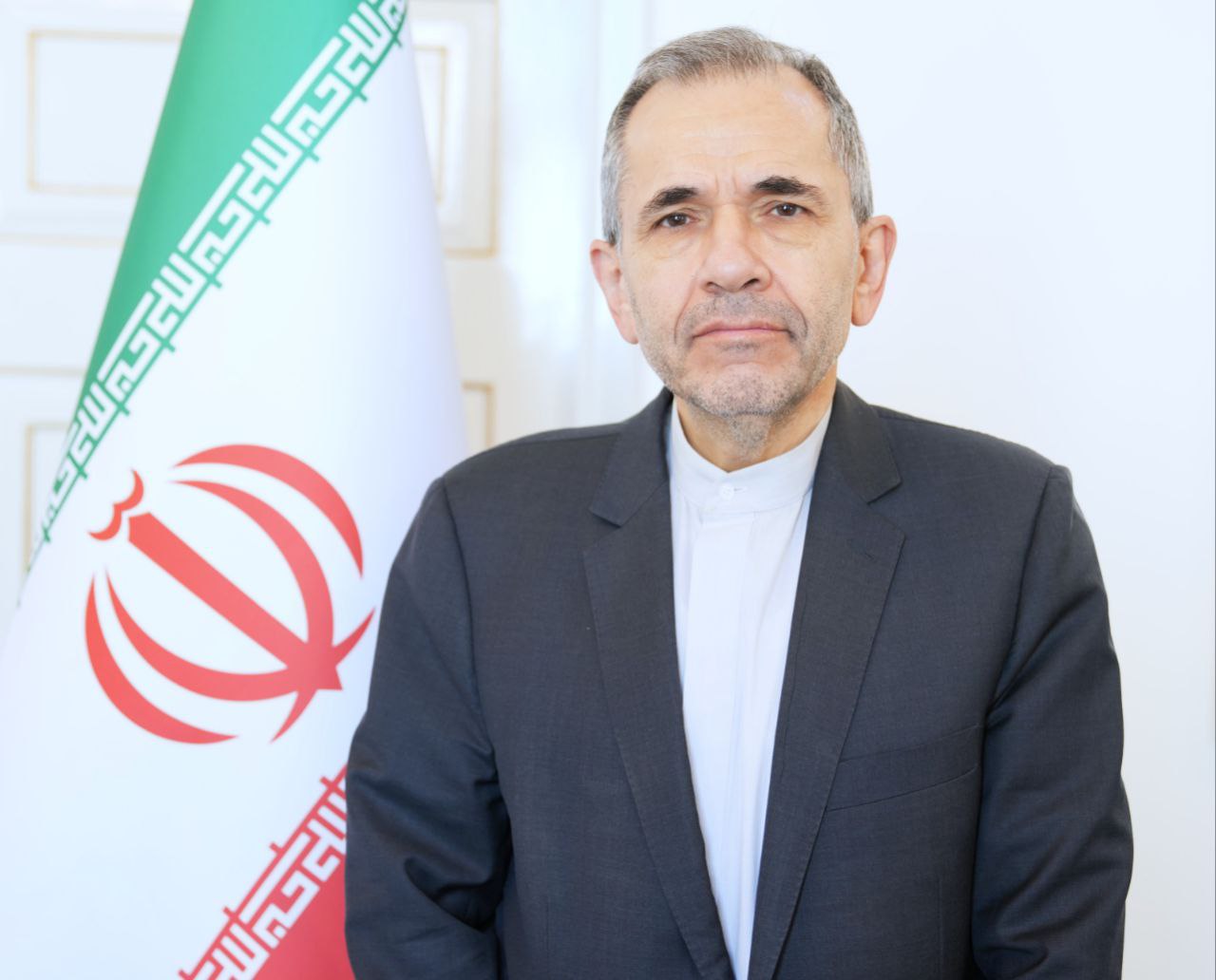BAKU, Azerbaijan, January 27. Two major issues need to be resolved in achieving a new agreement on Iran's nuclear program, the Iranian Deputy Foreign Minister Majid Takht-Ravanchi told reporters, Trend reports.
According to him, one of these two issues is to gain confidence in Iran's nuclear activities, and the second is to lift the sanctions imposed on Iran by the opposing sides.
Takht-Ravanchi added that in fact, the Iranian side is opting for talks to build confidence regarding its nuclear activities. Of course, Iran feels that there is no need for confidence building and that Iran's nuclear program is for peaceful purposes. Experience and past actions also demonstrate that the Iranian side is loyal to this issue.
“However, the reality is that the opposing sides claim that we have to prove that Iran's nuclear program is peaceful. The Iranian side also declares that it wants the lifting of sanctions in connection with this issue,” he noted.
The deputy minister noted that the nuclear issue involves heavy water, the number of centrifuges, volumes of enriched uranium, etc., while the sanctions issue involves sanctions on Iranian banks, transportation, oil, and insurance.
The US imposed new sanctions against Iran in November 2018 over Iran's nuclear program. Since then, the sanctions have affected Iranian oil exports and more than 700 banks, companies, and individuals.
On January 16, 2016, the JCPOA came into force between Iran and the P5+1 group (US, Russia, China, the UK, France, and Germany) regarding Iran’s nuclear program. However, on May 8, 2018, the US withdrew from the Joint Comprehensive Plan of Action (JCPOA) between Iran and the 5+1 group (Russia, China, the UK, France, the US, and Germany) and imposed new sanctions on Iran starting from November 2018.
By the end of 2020, the Iranian parliament decided to pursue a strategic plan in the nuclear sector to counter the sanctions, leading to a suspension of additional steps and the Additional Protocol as per the nuclear agreement.
Consequently, the International Atomic Energy Agency (IAEA) faced a reduction in monitoring capabilities by 20–30 percent.
Iran has officially affirmed that its strategy is not to pursue the development of an atomic bomb and that it does not support the production of weapons of mass destruction.
To note, the first round of the dialog between the Deputy Foreign Ministers of Iran and 3 European countries (UK, France, and Germany) was held in Geneva on November 29, 2024. The next round of this dialog was continued on January 13-14 in Geneva.







